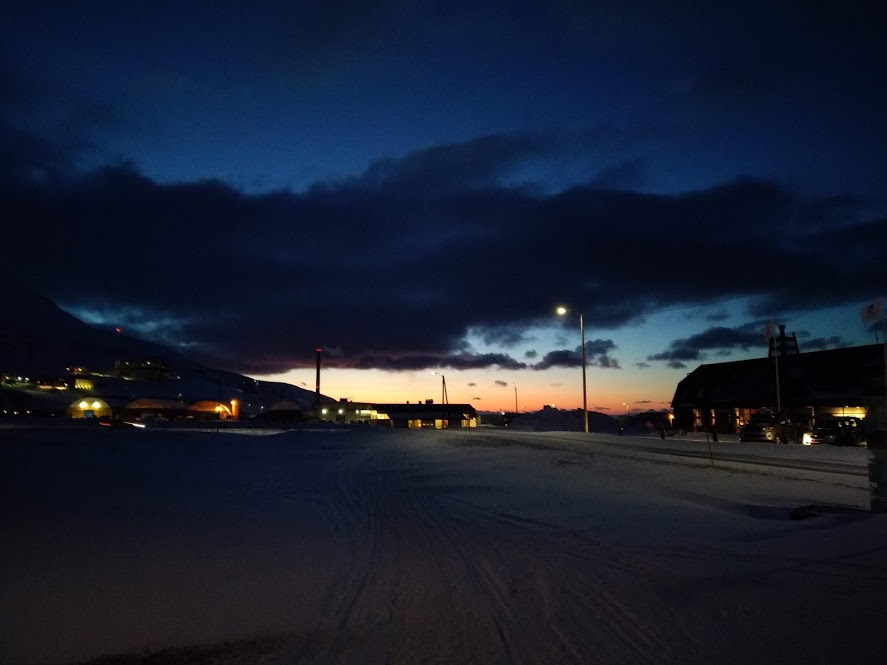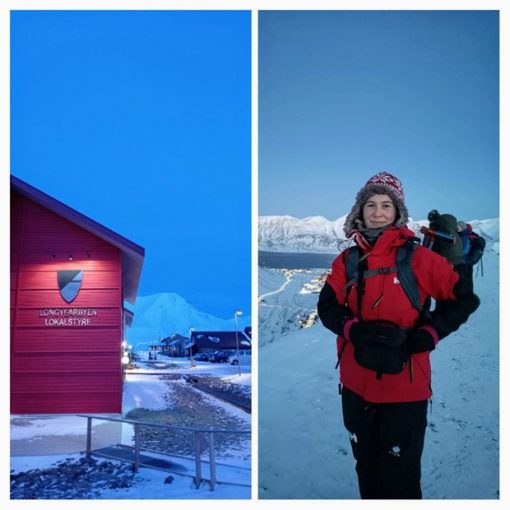
Whilst my supervisor named Stuart left on a week’s vacation, I quickly start to get introduced as
“the new (mini) Stuart” by the biology department staff to the new arrivals. Since it feels like
Stuart is the glue that keeps the department together I am honoured to carry this title for the
week. Before his departure he trained me in DNA extraction, PCR, and gel electrophoresis, to be
able to distinguish between two different species of copepods, a project formerly worked on by
a PhD student who is currently on a scientific cruise. I was thankful to be given so much
confidence and trust to take over some of the work and be left to work independently until
Stuart’s return. It was especially exciting to finally apply the knowledge I gained in molecular
biology courses practically in a real-life research project! Usually processes such as the ones
mentioned above are carried out by lab assistants instead of the students during courses and
they almost seem “mystical”. Processes such as breaking down DNA and then rebuilding it
sounds incredibly complicated, almost futuristic if you ask me, yet the reality of it feels almost
too simple; you add some solutions here, some reagents there, and let the machine do the rest
of the work. Working with these molecular methods definitely makes my life harder, in that it is
so fascinating that it pulls my attention away from other topics in marine biology which I aim to
work with in the future. I also rediscover my love for lab work, I think of it as an extremely
precise way of cooking, something which I also love to do (except there I can rarely get myself
to follow the recipe).
In this internship, I am learning that I want to do it all, get the full picture; starting with a simple
question, doing all the background research, learning and performing all the methods yourself,
as well as analyzing the data for meaning afterwards. This gives the work a purpose and a
meaning, something that I find important for the hard work to feel rewarding and satisfy me. I
long to be fully immersed and evolved. After a week of DNA heaven, I thus find myself realizing
that I need some company in the lab with me; I am not someone who enjoys routines and
getting up early, so without specific workings hours, and no real need show up for socialization
with colleagues, I quickly found myself on the slippery slope of late work days and finishing
when the building is left quiet and empty for the night. Unfortunately, talented laboratory
service dogs such as Joey Ramps’ (a researcher at the University of Illinois) golden retriever, are
far from being allowed to attend UNIS laboratories. I notice the importance of the small things
during the day such as a terrible science jokes and sharing the occasional frustration that comes
with working in a laboratory (or truly with science in general). Hence I look forward to my
supervisor’s return, despite losing my temporary honorary title of Mini Stuart.
Emma van der Ploeg




